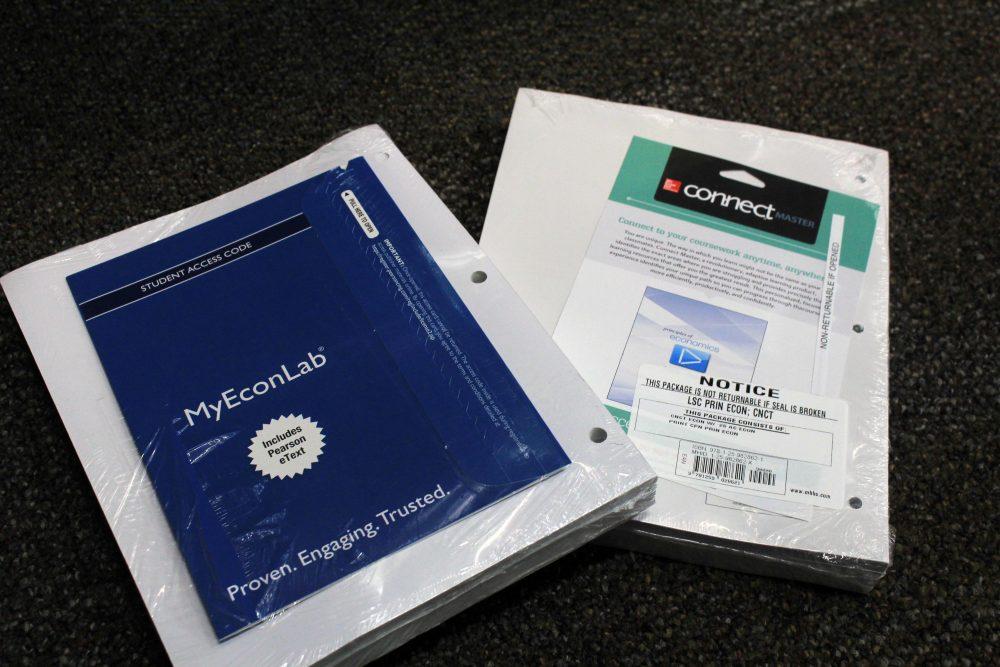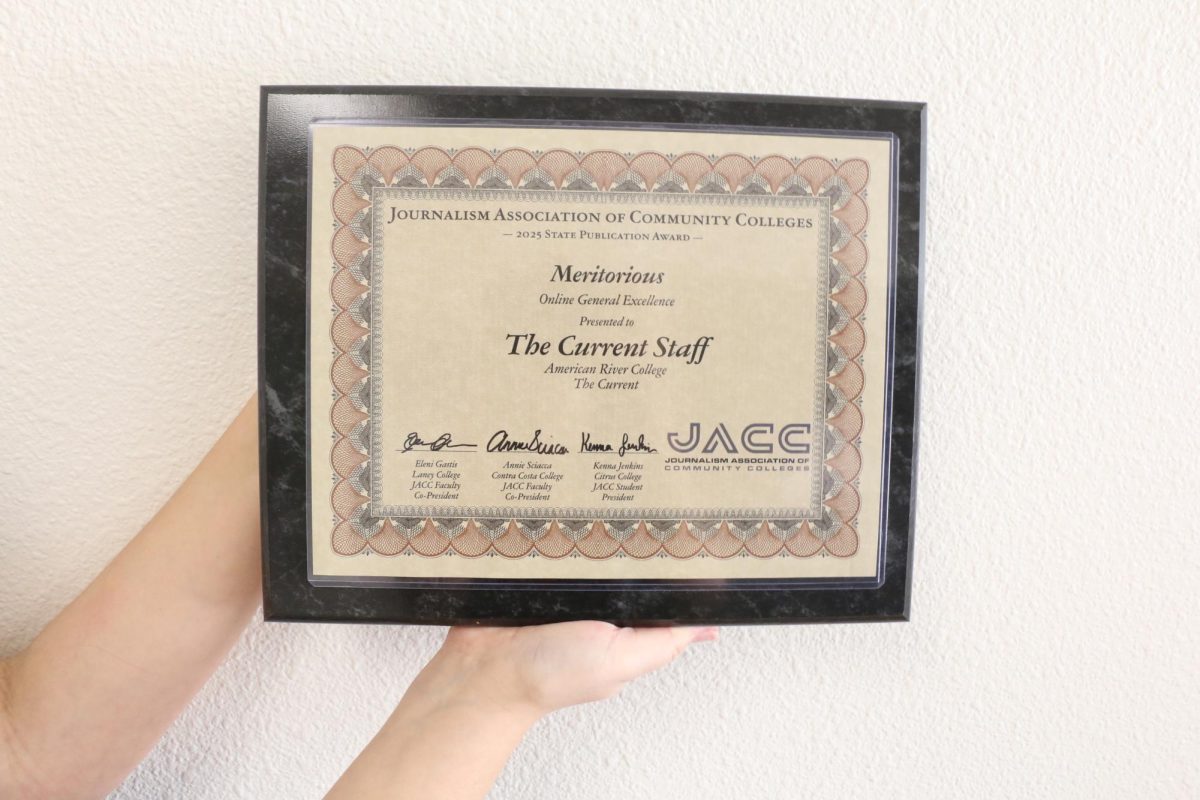The costs of access codes for college courses are quickly becoming the new, dangerous face of the textbook monopoly according to a report released by the Student Public Interest Research Groups (Student PIRGs) Wednesday.
American River College (ARC) was one of ten schools selected across the nation to participate in this study.
Access codes are serial numbers that allow students to unlock an online learning suite. These platforms often contain digital books, pre-made homework assignments, quizzes, tests, educational videos and other multimedia content.
“Online access codes are the new face of the textbook monopoly,” Ethan Senack, Higher Education Advocate at the Student PIRGs, said. “In one swoop, the publishers remove a student’s ability to opt-out of buying their product, eliminate any and all competition in the market.”
Publishers use a variety of approaches to drive prices higher. These include bundling course materials without providing an accessible option to purchase component materials separately, publishing unnecessarily costly editions and revoking digital books after an expiration date, according to the “Access Denied” report.
ARC student Sophie Lawson said that she was unable to buy all of the materials for her math course.
“The access code with the book was about $200,” Lawson said. “I had to just buy the code because I couldn’t afford the textbook.”
Student PIRGs found that two-thirds of students skipped buying textbooks because of cost and 94% of those students recognized that doing so would impact their grade in the course.
Nearly 50% of students reported that textbook prices impact both which and how many courses they were able to take.
“My teacher did find a .pdf of a similar book to use but I feel I’d be doing better if I had the book that goes with the homework,” Lawson said. “Yeah, it kind of sucks.”
At campus bookstores, the average cost of an access code alone was $100.24.
In bookstores, only 28% of access codes were offered in unbundled form. Even when acquired directly from the publisher, only 56% of all required access codes were offered without additional materials bundled in, despite federal law requiring materials to be sold separately.
First semester ARC student, Adam Poisner, bought a textbook for his Macroeconomics class that cost nearly $125 and is not pleased with the product.
“You can’t even use it next year. I’m pretty angry,” Poisner said. “I thought that when online textbooks came out it would be cheaper and easier accessed and it’s neither.”
The lack of consumer choice and competition in the textbook market has allowed publishers to drive up prices to unsustainable levels. However, increased prices have allowed alternative pathways to emerge that help students succeed regardless.
By making access codes single-use and individualized for each student, publishers eliminate a student’s ability to share with a friend, or borrow from the library if they don’t have the financial means to buy it.
By creating access codes that include assignments and tests, publishers lock 100% of students in a course into buying their product and eliminate a student’s ability to opt-out.
By transitioning to digital course materials, publishers now have the ability to eliminate excess supply that could lead to used book markets.
(Access codes) are just another tactic to eliminate competition in the market and keep profits high,” Senack said. “These codes offer big publishers a host of benefits over the traditional print market – while throwing students, especially those who are economically disadvantaged, under the bus.”















David Hylton II • Sep 23, 2016 at 6:48 pm
The Student Senate needs to advocate for Open Educational Resources (OEP) at the Academic Senate. The professors are the ones who choose what materials to use.
I spent $115 on a book with an access code for an 8 week Conversational Spanish course. How hard would/could it be for a department to create their own material.
Same goes for math. Mathematics doesn’t change drastically, requiring new additions is idiotic.